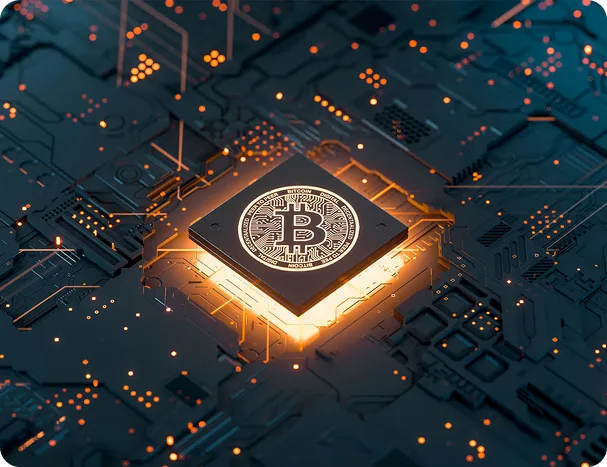QDecentralized applications and blockchain infrastructure are revolutionizing how businesses store data, process transactions, and interact with customers. Web3 development creates user-owned digital ecosystems where individuals control their personal information and participate directly in platform governance. Organizations adopting decentralized technologies gain competitive advantages through reduced operational costs, enhanced security, and innovative tokenized business models.
Smart contract automation eliminates manual processes while ensuring transparent, programmable execution of business agreements. Decentralized finance protocols enable instant global payments, automated lending, and programmable insurance products without traditional banking intermediaries. Digital asset management through NFTs and tokens creates new revenue streams while building stronger community engagement around brands and services.
The transition from Web2 to Web3 architectures requires careful planning, security considerations, and user education to ensure smooth adoption while maintaining existing business operations and customer relationships.
DeFi Integration for Enterprise Finance
Decentralized finance platforms offer treasury management, liquidity provision, and yield generation opportunities that traditional banking cannot match. Automated market makers and lending protocols provide 24/7 financial services with transparent fees and programmable terms.
Cross-border payments through blockchain networks eliminate correspondent banking delays and reduce transaction costs by up to 90%. Smart contracts handle complex financial arrangements including escrow, insurance claims, and multi-party agreements with mathematical precision and complete transparency.
“Decentralized finance represents the most significant evolution in financial services since the introduction of electronic banking. Enterprise adoption of DeFi protocols enables global operations with unprecedented efficiency while maintaining full control over treasury management and risk exposure.”
Usama G, DeFi Strategy Consultant
Tokenization Strategies for Digital Assets
Blockchain tokenization transforms physical and digital assets into tradeable tokens that enable fractional ownership, improved liquidity, and programmable compliance. Real estate, intellectual property, and business equity become accessible investment opportunities through token-based ownership structures.
Utility tokens create sustainable economic models for digital platforms while rewarding user participation and community contributions. Governance tokens enable decentralized decision-making processes that align stakeholder interests with long-term platform success and value creation.











